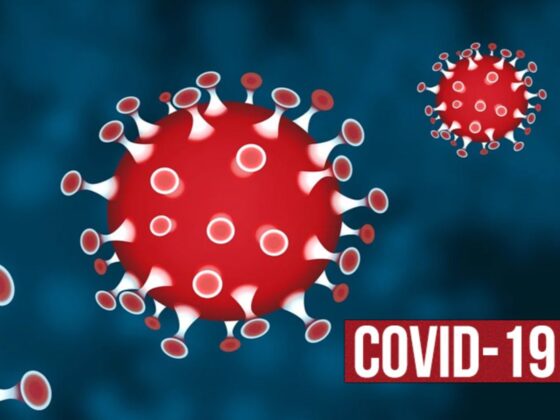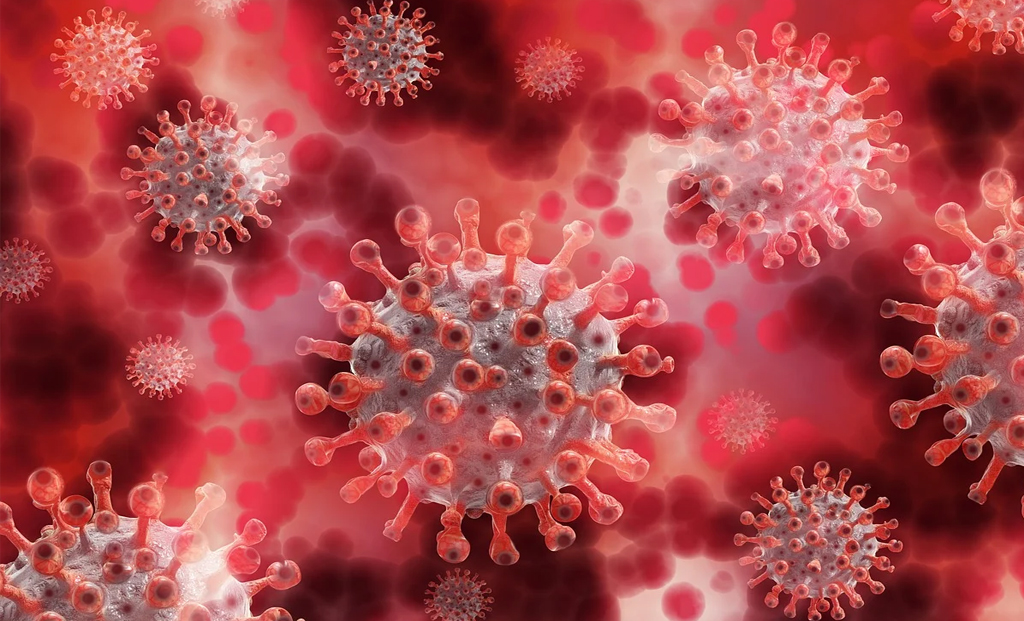Study Shows Covishield Induces Stronger Antibody Response than Covaxin, Multi-Center Study Finds
In a recent multi-center study, researchers have found that Covishield, the vaccine developed by AstraZeneca in collaboration with the University of Oxford, induces a stronger neutralizing antibody response against the SARS-COV-2 virus and its variants of concern (VoC) compared to Covaxin, the indigenously made vaccine. The study, which has been posted on the preprint server MedRxiv but is yet to undergo peer review, sheds light on the immunological differences between the two vaccines.
The study enrolled 691 participants between the ages of 18 and 45 across four sites in urban and rural Bengaluru and Pune. The participants received either two doses of Covaxin administered 28 days apart or two doses of Covishield administered three months apart. The analysis of antibody levels was conducted at six timepoints, while cellular analyses were performed at four timepoints.
The researchers observed that both vaccines elicited statistically significant antibody levels in both seronegative individuals (those without prior COVID-19 infection) and seropositive individuals (those who had recovered from COVID-19 infection). However, Covishield demonstrated higher magnitude and breadth of immune responses compared to Covaxin in both groups.
Neutralizing antibody levels against SARS-COV-2 and variants of concern found higher in Covishield recipients, according to a yet-to-be-peer-reviewed study.
Immunologist Vineeta Bal, one of the study authors from the Indian Institute of Science Education and Research (IISER) in Pune, highlighted the differences in vaccine response based on prior infection. Covishield resulted in higher antibody levels among seronegative individuals, while also showing better durability of immune response over time.
While the study provides valuable insights into the immune response induced by Covishield and Covaxin, it is important to note that further research and peer review are needed to validate these findings. Nonetheless, this study contributes to our understanding of COVID-19 vaccines and their effectiveness against the SARS-COV-2 virus and its variants.











